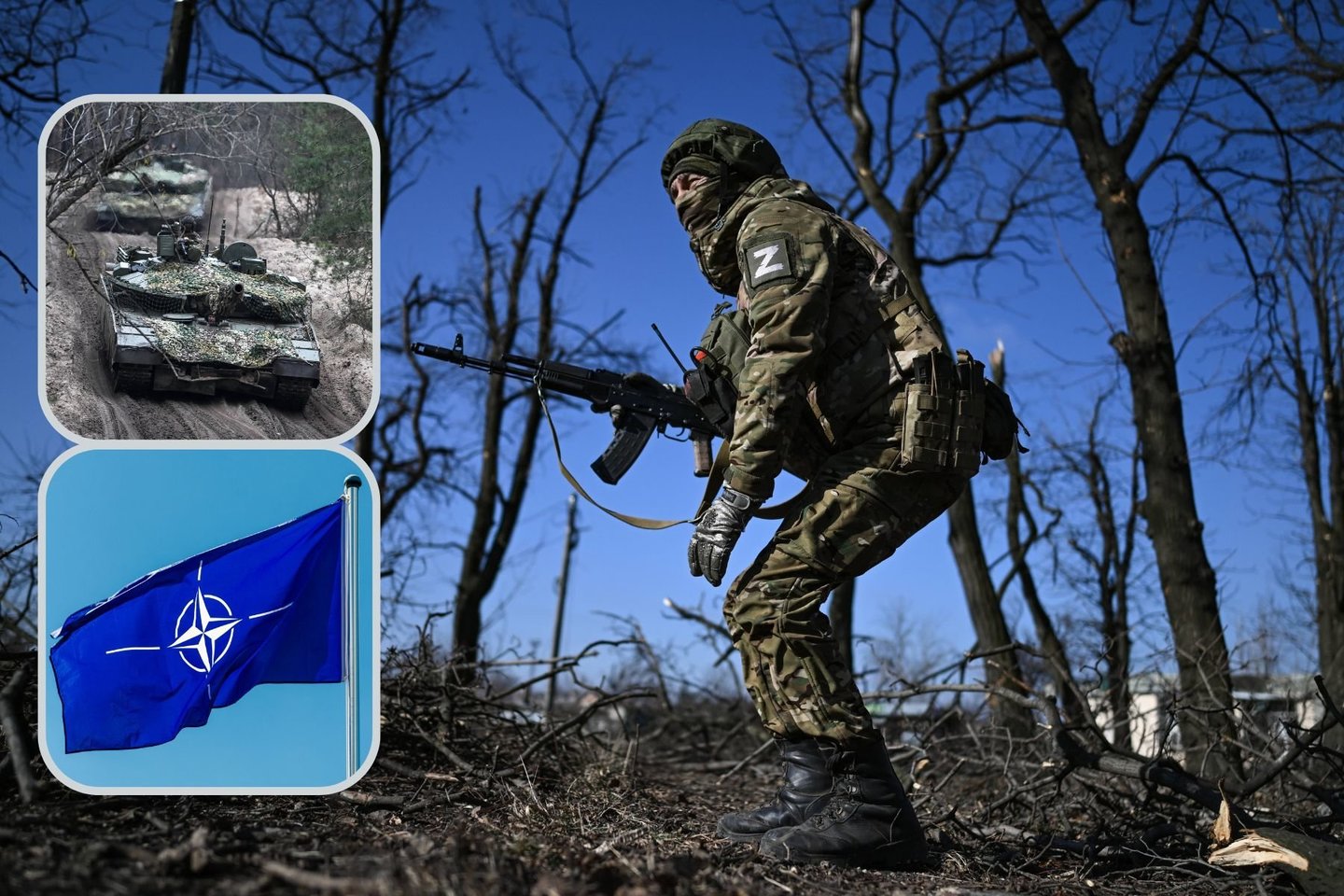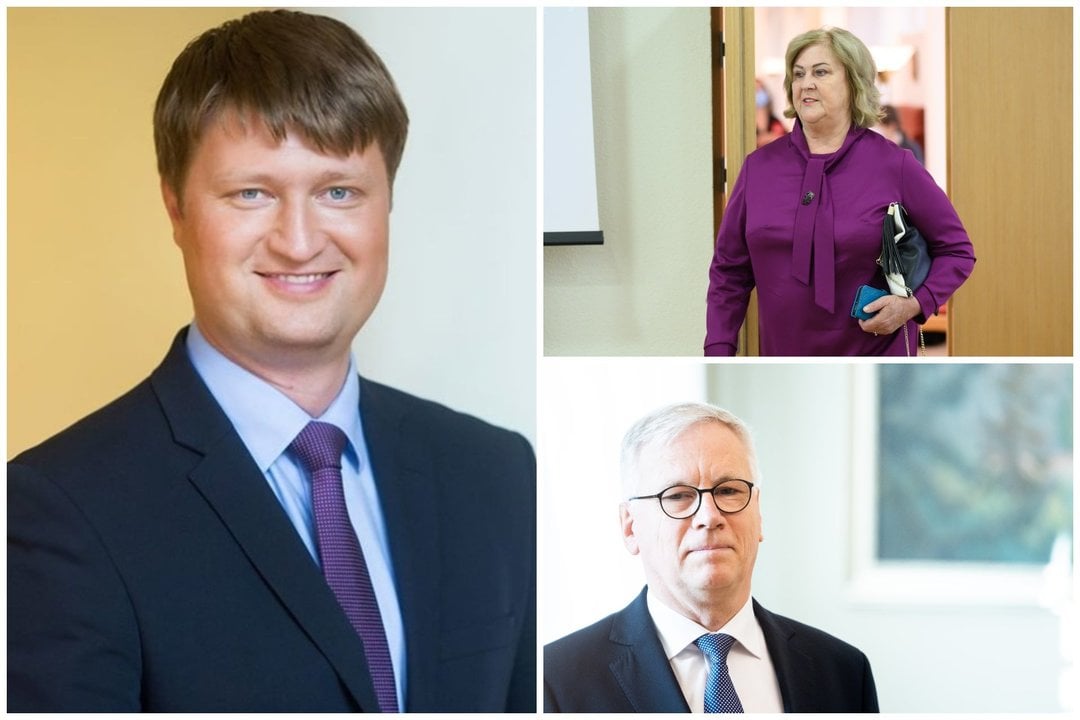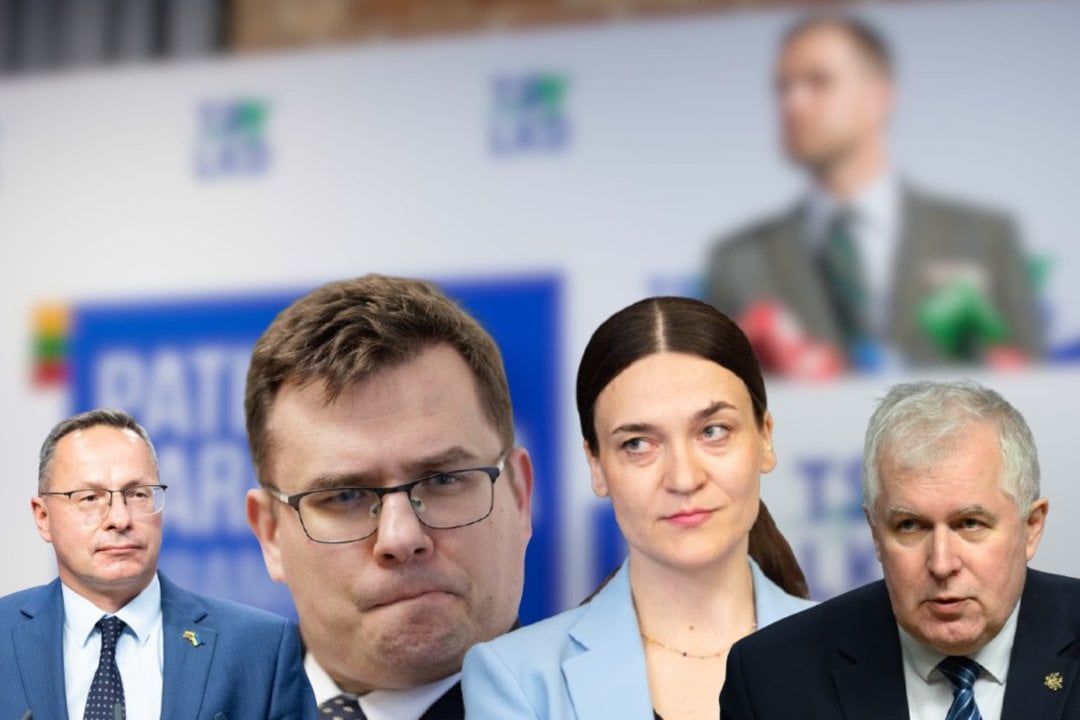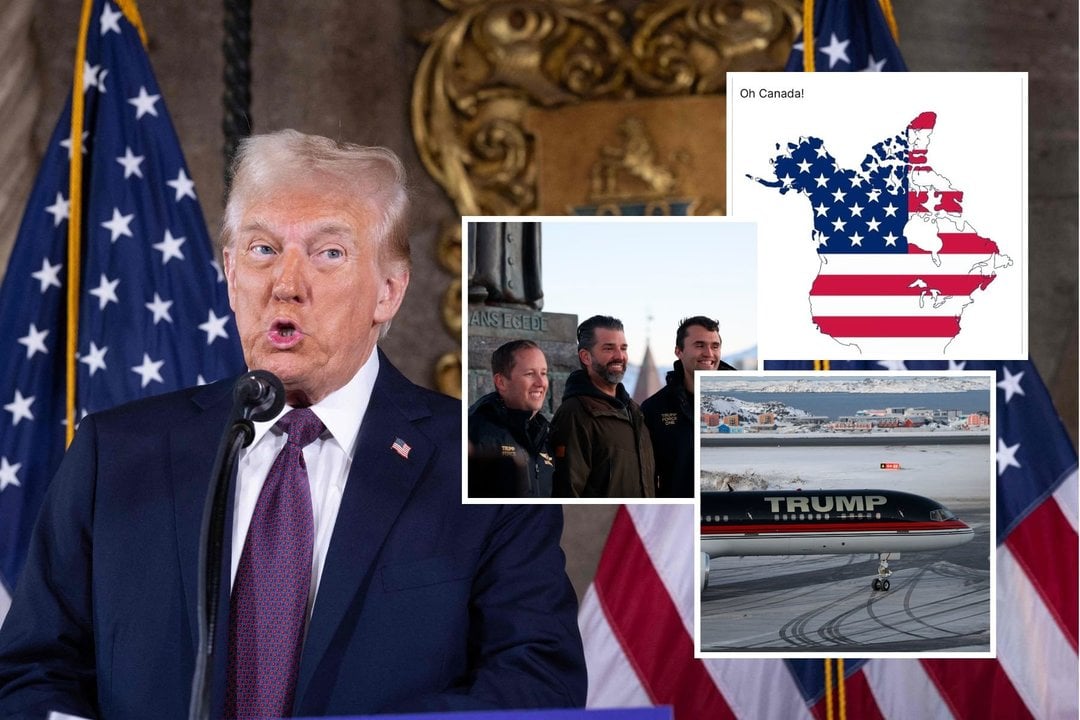Predictions of an armed conflict between Russia and NATO in 6–10 years are too optimistic. It could start sooner, but it will not be a full-scale war like the one in Ukraine.
Sumleniy, Director of the Berlin-based European Resilience Initiative Centre, expressed this in an interview with Unian.
He noted that the Kremlin knows Russia cannot defeat the NATO bloc in a conventional war. But on the other hand, Moscow also sees NATO's reluctance to fight Russia to the point of total victory.
According to the analyst, Russia does not need a military victory against the Alliance in such conditions.
„It is only necessary to demonstrate NATO's inability to defend its members. This is enough to provoke a confrontation in which the Alliance will opt for internal political debate rather than a military response. The ideal occasion will be when a key NATO actor is neutralised. To this end, the Russians are waiting for the election of Donald Trump“, the analyst said.
Sumleniy also outlined a possible conflict scenario between Russia and NATO.
„Russia is exerting political pressure on the Baltic States or Poland. At the same time, it is signalling: 'We do not want to attack, we want to protect our interests'. Then, when the interests are not respected, according to Russia, a limited blow is struck“, the analyst described the start of a possible conflict.
„The statement follows this: 'We want a military conflict, we are only entering Vilnius, we don't want anything more. You don't want to start World War III over this city, do you?“ There is a combination of blackmail, threats, lies, and the notion that the threat is not with the big countries, but only with the small ones, which are to blame,“ he explained.
According to Mr Sumleniy, if NATO remains on the sidelines in such a scenario, many countries will question whether they should stay in the Alliance. He noted that this scenario is not a prediction but Russia's vision of how things could look.
„These are Russia's dreams. I cannot say that they are not groundless. I don't know about now, but three years ago, German Chancellor Olaf Scholz would not have fought for Vilnius“, the analyst noted.
Russian aggression scenario
In November, the think-tank German Society for Foreign Policy (DGAP) modelled a scenario of Russian aggression against NATO countries.
This model is based on a scenario in which the hot phase of the war in Ukraine ended with Ukraine's defeat or a transition to a frozen conflict.
Analysts believe that if Russia does not suffer a military defeat in Ukraine and does not embark on an internal political transition, Moscow will rebuild its army within 6–10 years.
Moreover, given the processes in Russia, the country's forces could reach a potential that would allow it to wage a full-scale war against NATO.




